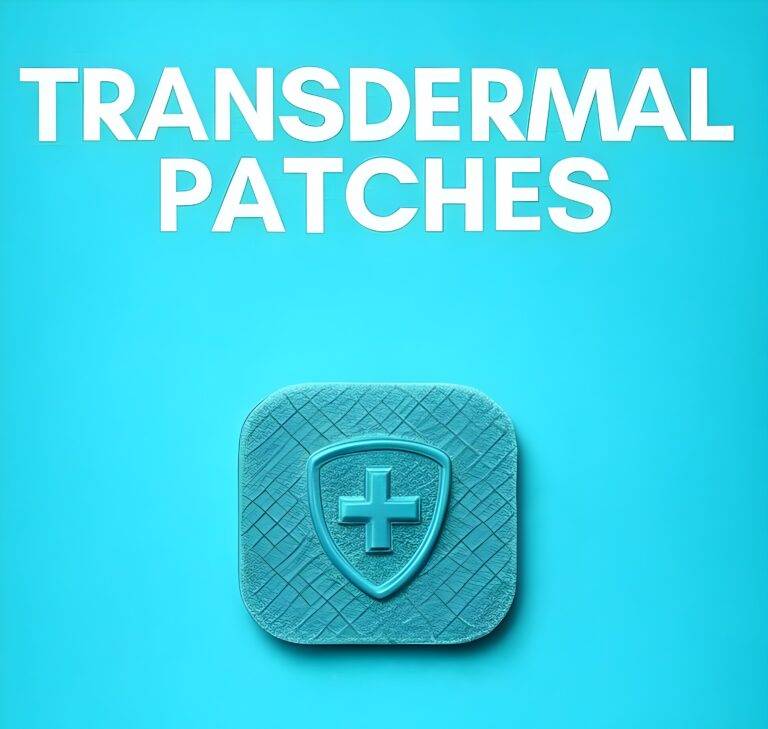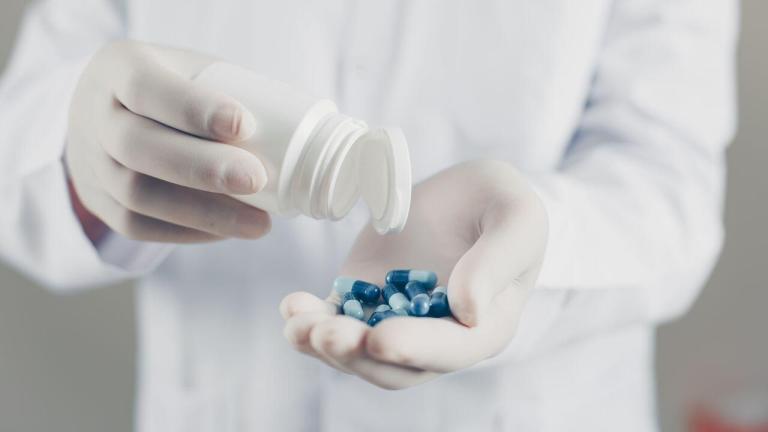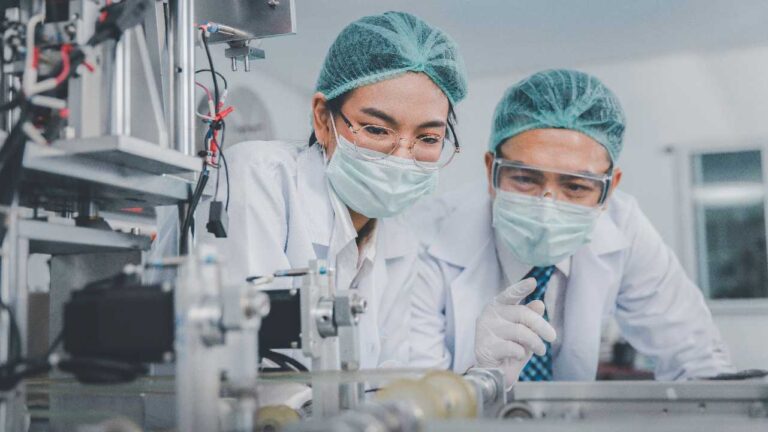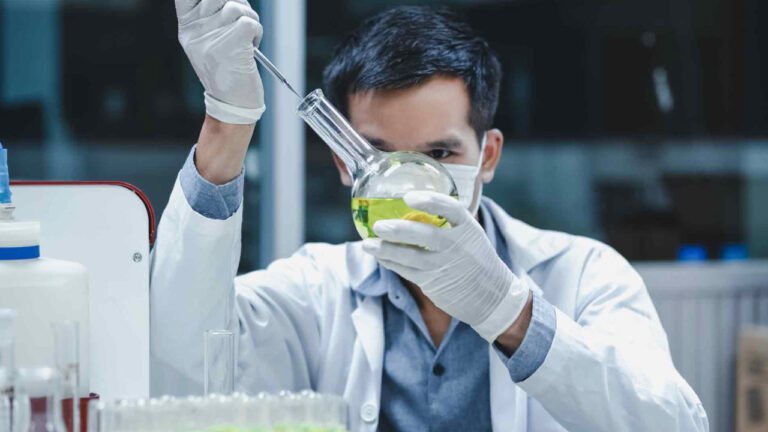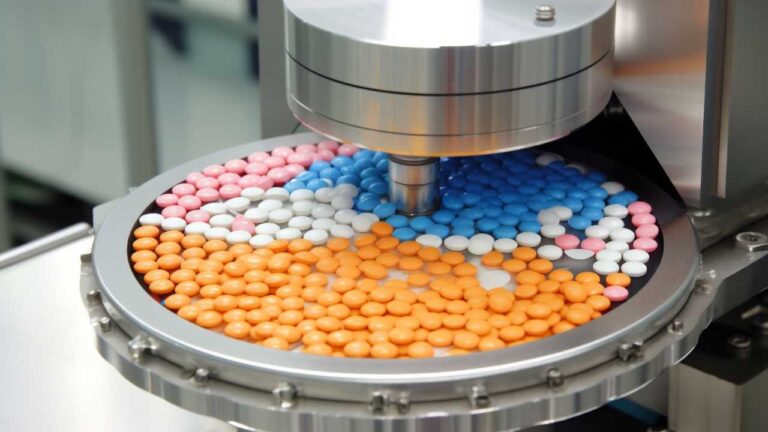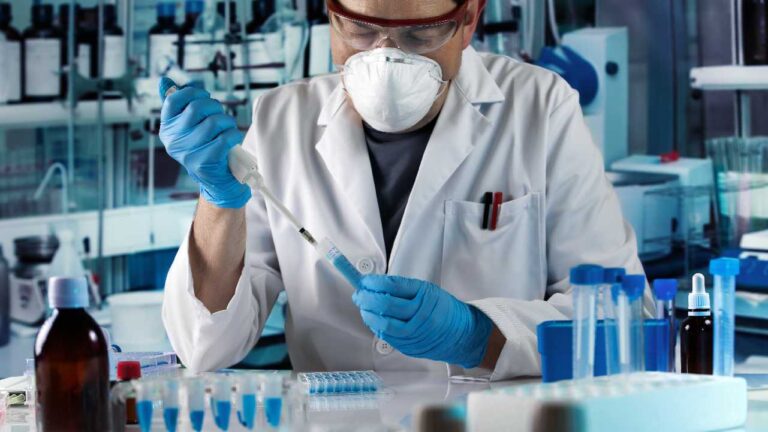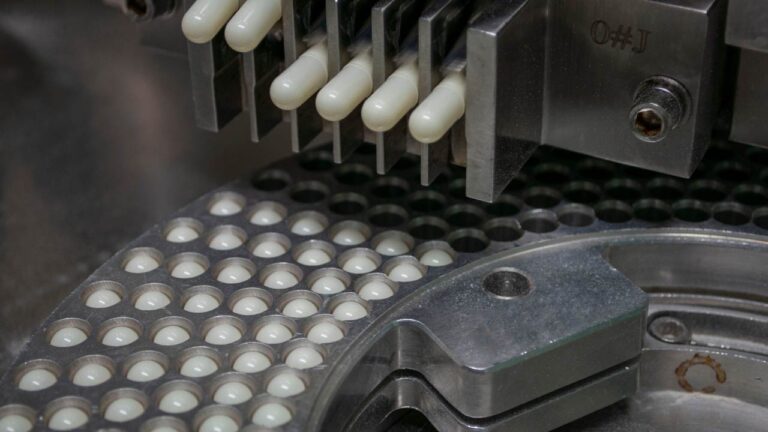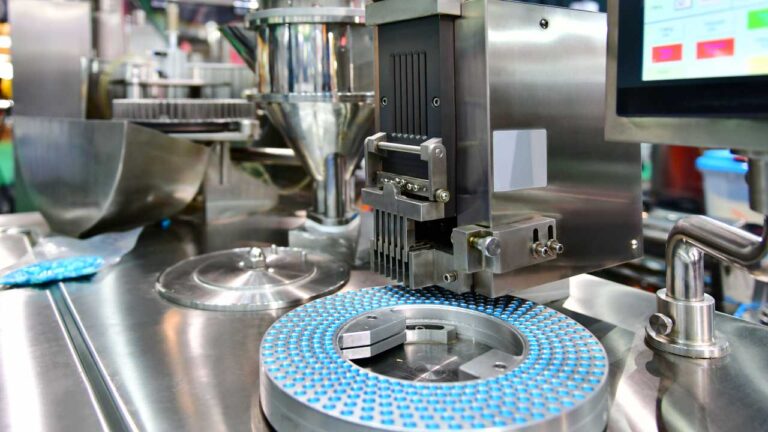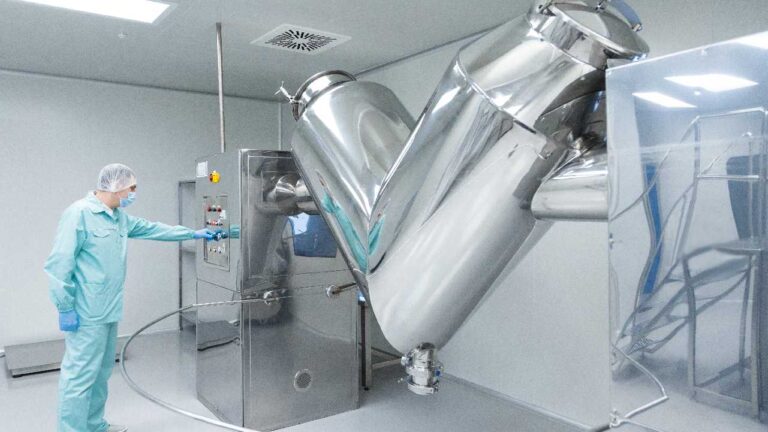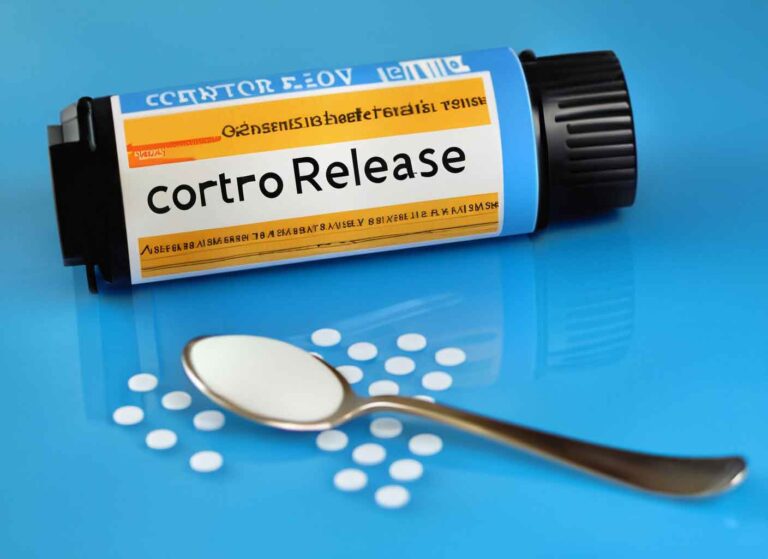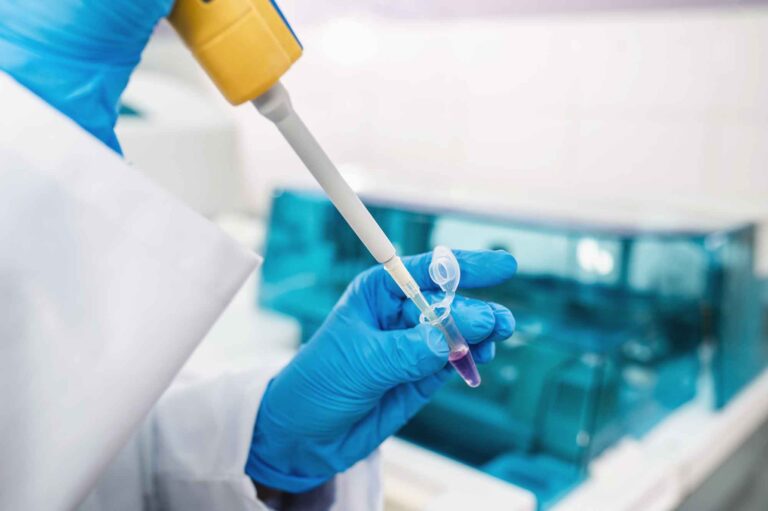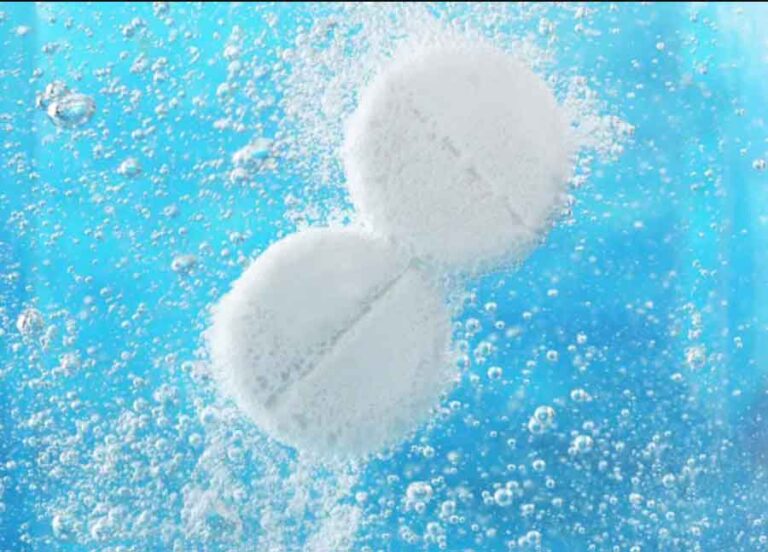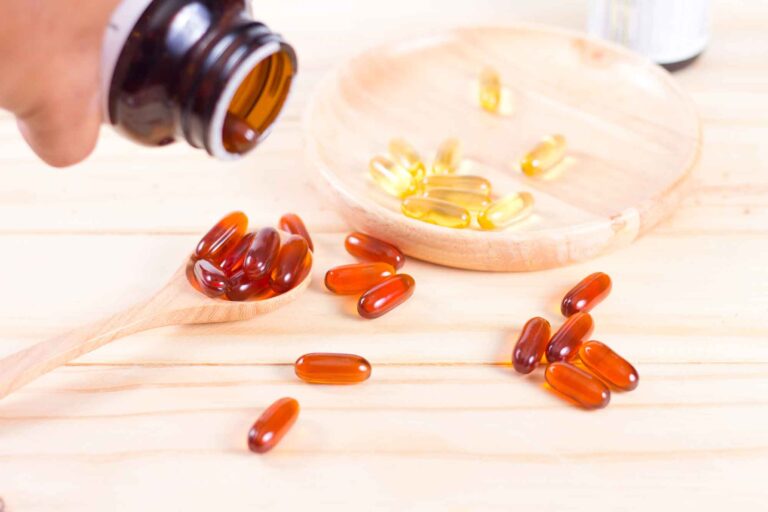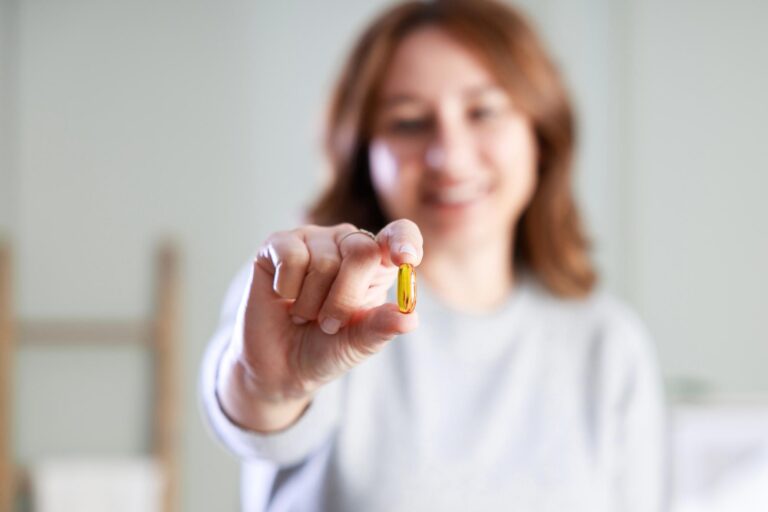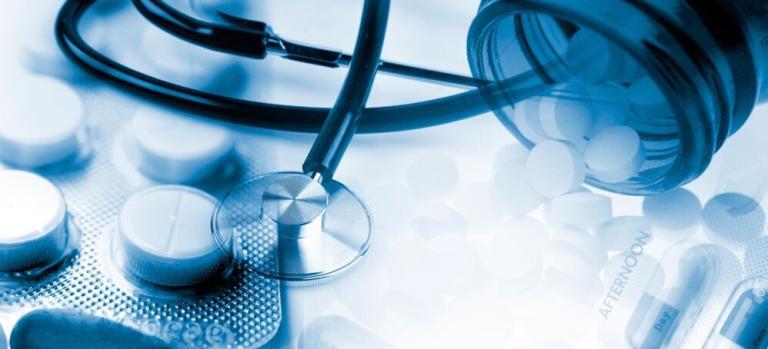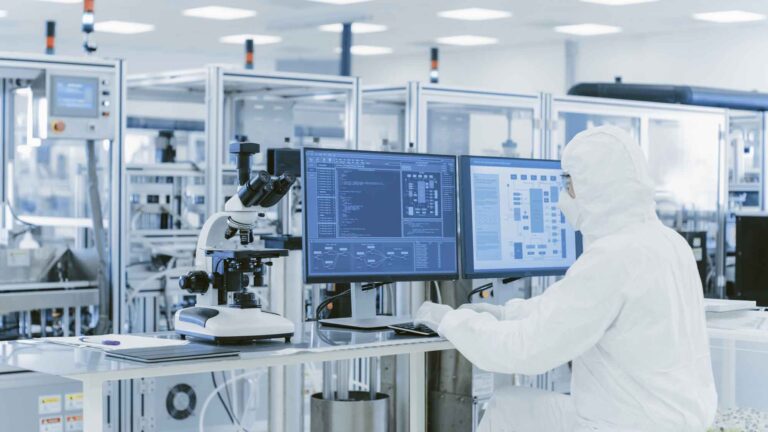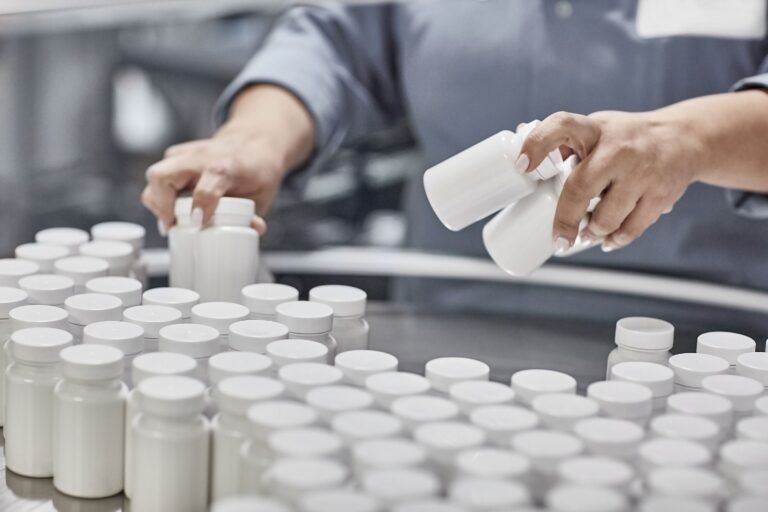HPAPIs are becoming more common in drug development pipelines pharmaceutical industry due to groundbreaking research in oncology and targeted therapies. These HPAPIs can provide effective treatment at lower doses and with reduced side effects. Currently, the industry is working on thousands of these potent compounds, each requiring specialized handling from formulation through to market delivery. Our role is to help innovators navigate these challenges, ensuring the safe and efficient development and manufacturing of these next-generation medicines.
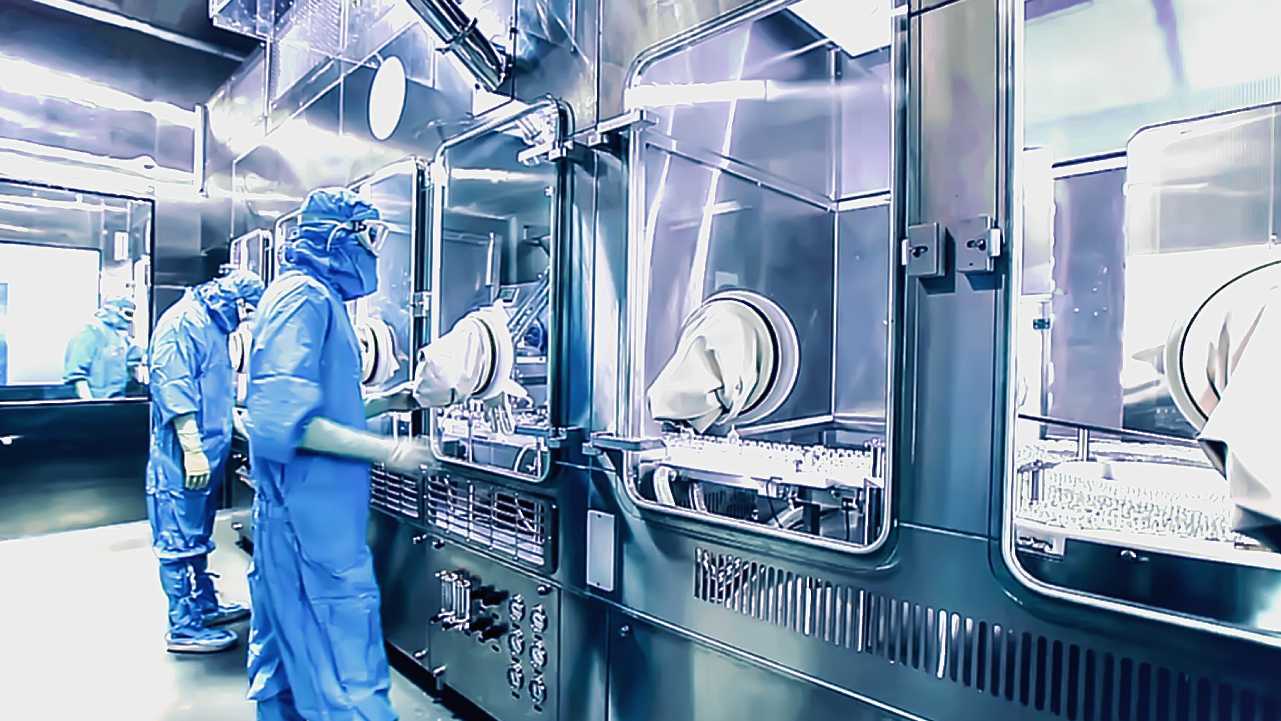
HPAPI Development and Scale-Up
Mereley having high-containment reactors is insufficient for the current demands of HPAPI and intermediate manufacturing, we adopt a comprehensive approach. Our strategy involves the development and manufacturing of customer projects across all clinical and commercial phases at our cutting-edge facilities in New York (NY).
Our platform is comprehensive, employing highly experienced teams, rigorous evaluation and training procedures, and well-maintained facilities for the optimal development and scale-up of HPAPIs.
HPAPI product development and manufacturing is one of our core competencies. We have an impressive track record and industry-leading capacity for HPAPI manufacturing, supplemented by our expertise in contained particle engineering and specialized dosage forms for low dose and HPAPI applications.
Our asset base is crucial for effective process implementation, incorporating chemical synthesis, advanced synthesis, technological fit, a wide range of scales for all types of processes in the most optimized setup, well-established and inspected cleaning and change-over procedures, and capacity for parallel work streams.
Dedicated Infrastructure for HPAPI Development
We have specialized HPAPI R&D labs, kilo labs, and small-scale plants to support the production of potent compounds (down to OEL ≥ 1ng/m3) from early phase clinical to low-volume commercial (cGMP) production. We continue to invest in expanding our HPAPI capacity at all scales and containment levels, enabling us to handle extremely potent compounds down.
We offer a broad range of development and manufacturing services for HPAPIs from Preclinical through Phase III/Commercial Manufacturing:
- API Characterization and Pre-formulation Development
- Formulation Screening and Development
- Stability Storage and Testing Services (ICH Storage Conditions)
- Clinical Trial Manufacturing and QC Release (GMP)
- Analytical Method Development
- Clinical Supplies Packaging and Global Distribution
- Commercial Product Manufacture
- Development and Manufacturing of Intermediates and Finished Drug Products Containing HPAPIs with OELs as low as 0.01 µg/m³
A Track Record You Can Trust
Our teams in NY have developed and are manufacturing over 30 HPAPI compound FDFs across the project lifecycle. Many of these compounds are being manufactured to support the supply of approved and commercialized life-saving drug products.
Our extensive global inspection record with major regulatory agencies worldwide, including the FDA, underscores our capabilities in integrated CMC project management. We also offer enhanced service options for HPAPI drug handling programs, including contained particle engineering and specialized drug product development and manufacturing.
With the drive from oncology research, medications for neurodegenerative diseases, and controlled substances HPAPIs now make up a large portion of the drug development pipeline.
Personnel Considerations
Our HPAPI facility various systems, policies, training programs, and Standard Operating Procedures (SOPs) to protect workers. Given the potential health risks associated with exposure to HPAPIs, we initiate appropriate medical surveillance and monitoring. Regular reviews of safety data sheets and toxicological literature are also conducted which also cover Personal Protective Equipment (PPE) and engineering processes.
We have a dedicated HPAPI committee of senior management, handling staffs, experts, occupational health professionals, and senior scientists that oversees these procedures. Their main focus is to develop company policies and SOPs for handling potent compounds. This includes determining who can access and handle HPAPIs, training programs, evaluation, categorization, and updating procedures and processes. Emergency response plans should also be in place, and local authorities should be involved in emergency response planning and training.
Plant and Equipment
Our HPAPI handling systems and equipment are tested and verified to meet necessary isolation and containment requirements. This typically involves air and surface industrial hygiene sampling methods. If sampling and testing methods for products in early trials haven’t been developed, surrogate products are often used for equipment testing.
Engineering controls are the primary method for containing and isolating potent compounds. PPE is also used as secondary protection for controlling employee exposure. Our potent compound handling systems incorporate five levels of cascading protection, with the first two being the primary methods of product isolation.
Related Services
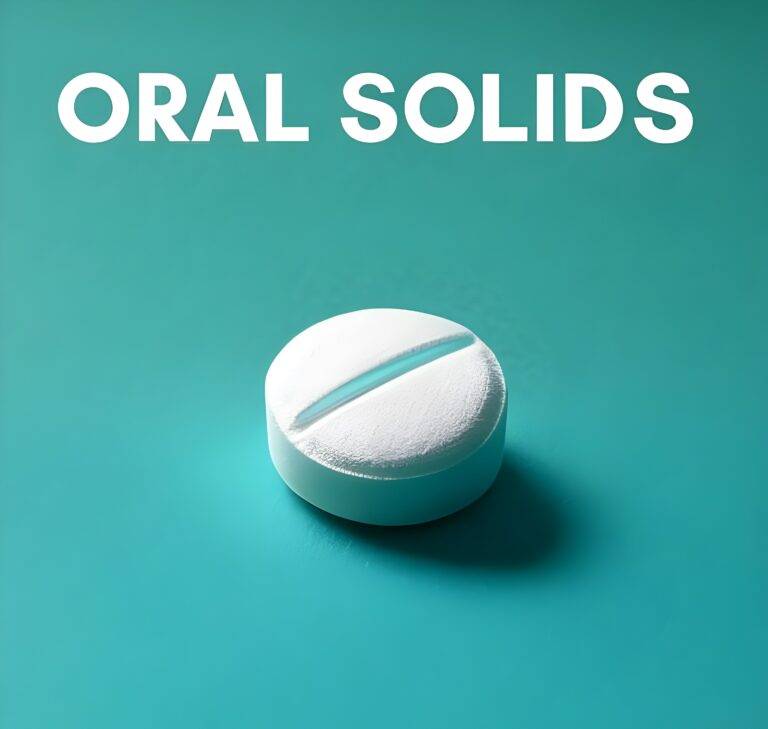
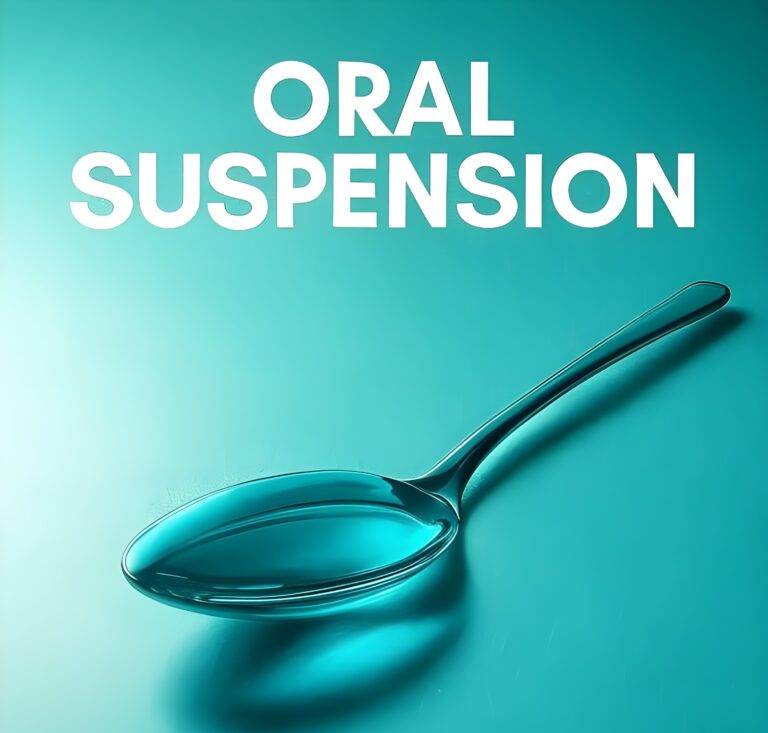
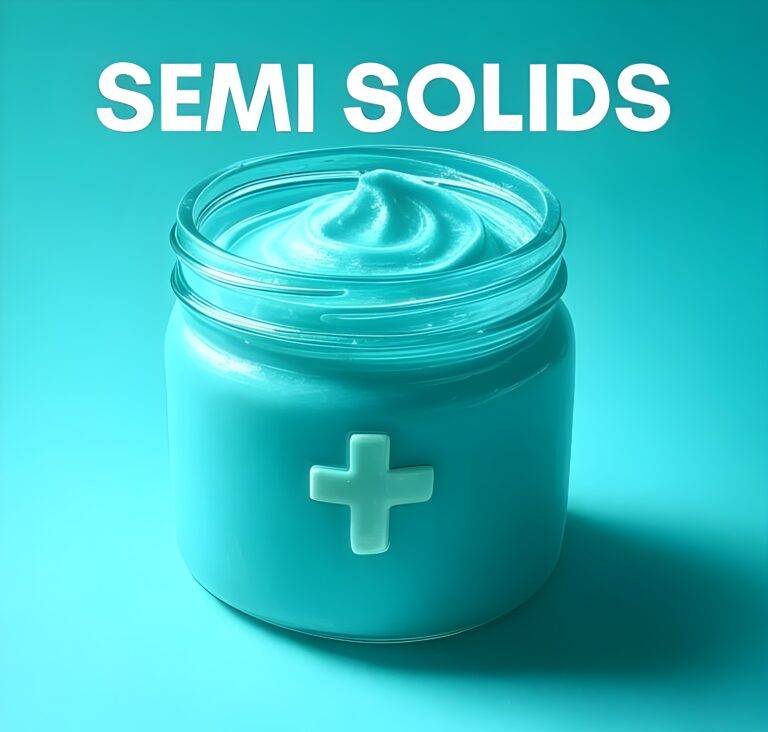
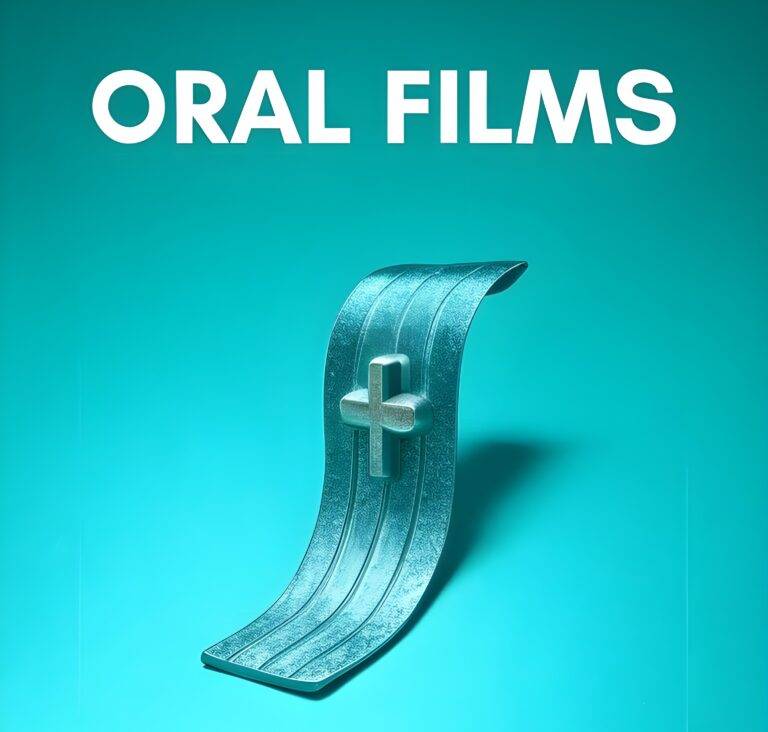
FAQs
Here are some frequently asked questions about softgels.
Softgel capsules are a form of liquid-filled capsules made from a gelatin-based shell surrounding a liquid or semi-solid fill. Unlike hard-shell capsules, which are composed of two rigid halves, the softgel's shell is flexible and seamless, offering a unique dosage form for a wide range of active pharmaceutical ingredients (APIs). Softgels are valued for their ability to encapsulate high-potency drugs, improve bioavailability, and mask unpleasant tastes and odors.
Softgels can enhance drug bioavailability by encapsulating the drug in a liquid form, which can be more readily absorbed by the body compared to solid dosage forms. The liquid fill can contain solubilized APIs, which are especially beneficial for poorly water-soluble drugs, facilitating faster dissolution and absorption in the gastrointestinal tract. Additionally, the formulation flexibility allows for the inclusion of solubilizers and emulsifiers to further improve the dissolution rate and absorption of the encapsulated drug.
Softgel encapsulation is suitable for a wide range of APIs, including lipophilic (fat-soluble) compounds, poorly water-soluble drugs, liquids, and semi-solids. Softgels are particularly advantageous for APIs that require stabilization or are sensitive to oxygen or light, as the encapsulation offers a protective environment. This dosage form is versatile enough to accommodate various therapeutic categories, including vitamins and supplements, analgesics, antifungals, and cardiovascular drugs.
Yes, softgels can be formulated for controlled-release applications. By manipulating the gelatin shell composition and the fill formulation, it's possible to achieve various release profiles, including delayed-release, sustained-release, and targeted-release. These modifications allow for the precise control of drug release rates, enhancing therapeutic outcomes and patient compliance by reducing dosing frequency.
Softgels offer several advantages over other dosage forms, including:
Improved Patient Compliance: Their smooth, flexible shape makes them easier to swallow compared to tablets or capsules.
Bioavailability Enhancement: The liquid fill can improve the absorption of poorly soluble drugs.
Taste Masking: The encapsulation masks the taste and odor of unpleasant APIs.
Protection of Sensitive Ingredients: The shell provides a barrier against light, oxygen, and moisture.
Dose Precision: Each softgel contains a precisely measured dose, reducing variability.
Aesthetic Appeal: Softgels are available in various shapes, sizes, and colors, enhancing patient acceptance.
Key considerations in softgel formulation development include:
API Solubility: Ensuring the API is adequately soluble in the fill material to achieve the desired bioavailability.
Shell Composition: Selecting the appropriate gelatin type or alternative polymers to meet dietary or stability requirements.
Fill Excipients: Choosing excipients that enhance the API's stability and absorption without compromising the integrity of the shell.
Sealing Technology: Employing robust sealing techniques to prevent leakage and ensure product stability.
Compatibility: Ensuring compatibility between the API, excipients, and shell materials to maintain efficacy and extend shelf life.
Softgel capsules are manufactured using a rotary die process, where gelatin is heated and molded into two ribbons that form the capsule shell. The liquid or semi-solid fill is simultaneously injected between these gelatin ribbons, and the capsules are sealed and shaped by the dies. The capsules are then cooled, trimmed, and inspected for quality before packaging. This process requires precise control of temperature, humidity, and fill volume to ensure consistent product quality.
Yes, softgels are an excellent choice for combination therapies, as they can encapsulate multiple APIs within the same capsule. This capability allows for the combination of drugs with complementary therapeutic effects or the inclusion of both immediate-release and controlled-release components in a single dosage form. Combination therapy softgels can simplify treatment regimens, improving patient compliance and therapeutic outcomes.
Softgels can be packaged in a variety of containers, including blister packs, bottles, and pouches, depending on the product's stability requirements and marketing considerations. Packaging is selected based on factors such as moisture sensitivity, light protection, and consumer convenience. Additionally, tamper-evident and child-resistant features can be incorporated to ensure product safety and compliance with regulatory standards.
Hycon ensures the quality and stability of softgel capsules through rigorous quality control and stability testing procedures. This includes:
Raw Material Testing: Verifying the purity and quality of gelatin, APIs, and excipients.
Process Control: Monitoring manufacturing conditions to maintain consistent shell thickness, fill volume, and seal integrity.
Finished Product Testing: Conducting physical, chemical, and microbiological tests to confirm capsule uniformity, API content, and dissolution characteristics.
Stability Studies: Assessing the product's shelf life under various environmental conditions to determine appropriate storage recommendations and expiration dating.


